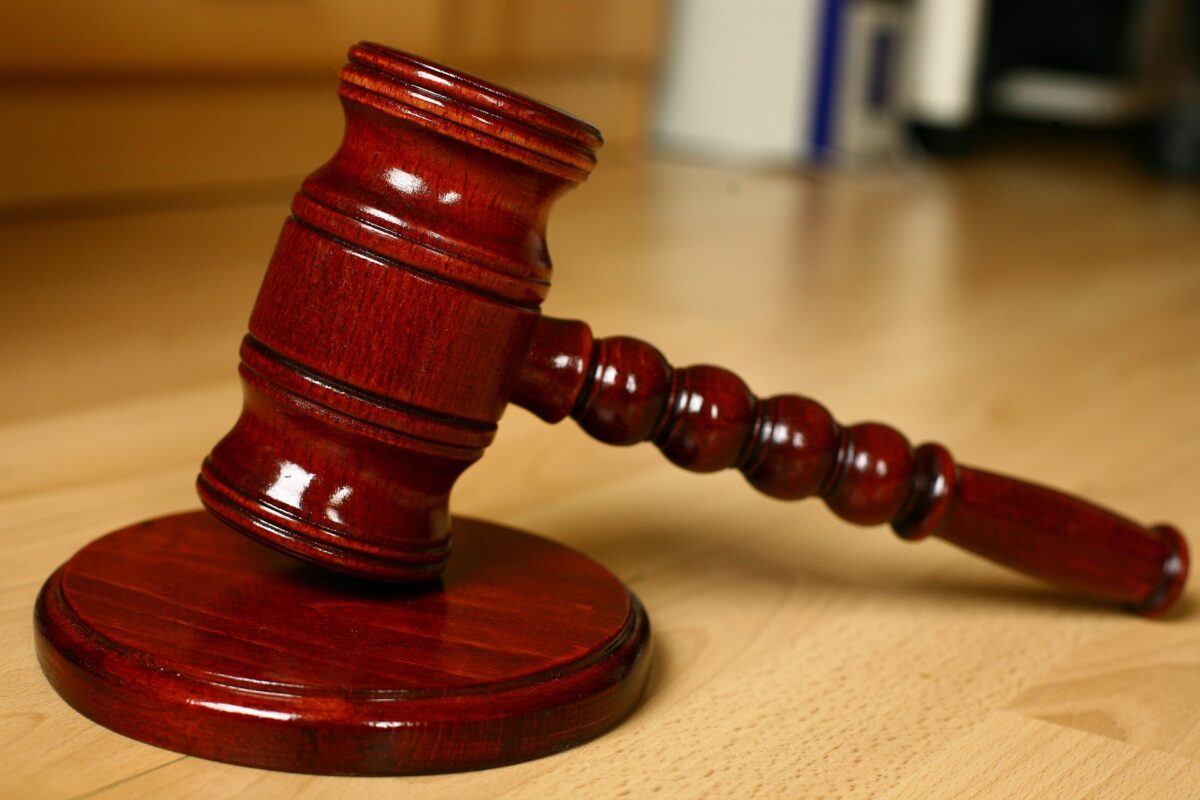
SEOUL, South Korea — South Korea’s acting leader vowed Tuesday, Dec. 17, 2024, to convey to the world that things are back to normal following parliament’s impeachment of conservative President Yoon Suk Yeol, but rival parties began squabbling over the mechanics of a court ruling to determine whether to formally unseat or reinstate him. The country’s liberal opposition-controlled parliament voted to impeach Yoon last Saturday over his short-lived Dec.
3 martial law imposition, suspending his presidential powers until the Constitutional Court determines whether to uphold or overturn the decision. If Yoon is dismissed, a national election must be held to pick his successor within two months. Prime Minister Han Duck-soo, who became acting leader, has taken steps to reassure the US and other countries and stabilize markets.

Presiding over a Cabinet Council meeting on Tuesday, Han said he will “continuously do my utmost to inform the international society that Republic of Korea is fast regaining stability and maintain confidence with partners.” But the country’s intense political strife appears to be far from over, as the rival parties began bickering over whether to fill three vacant justices’ seats at the Constitutional Court. To formally end Yoon’s presidency, the nine-member court panel needs support from at least six justices.
But since three seats remain vacant following retirements, a unanimous decision in favor of Yoon’s impeachment is required to throw him out of office for good. Three of the court’s nine justices are directly appointed by the president. Three others are nominated by the Supreme Court head and another three by the National Assembly, and their formal appointments by the president has widely been a formality.
The three seats that are currently open are to be nominated by the National Assembly — two by the Democratic Party and the other by Yoon’s ruling People Power Party. / AP.











